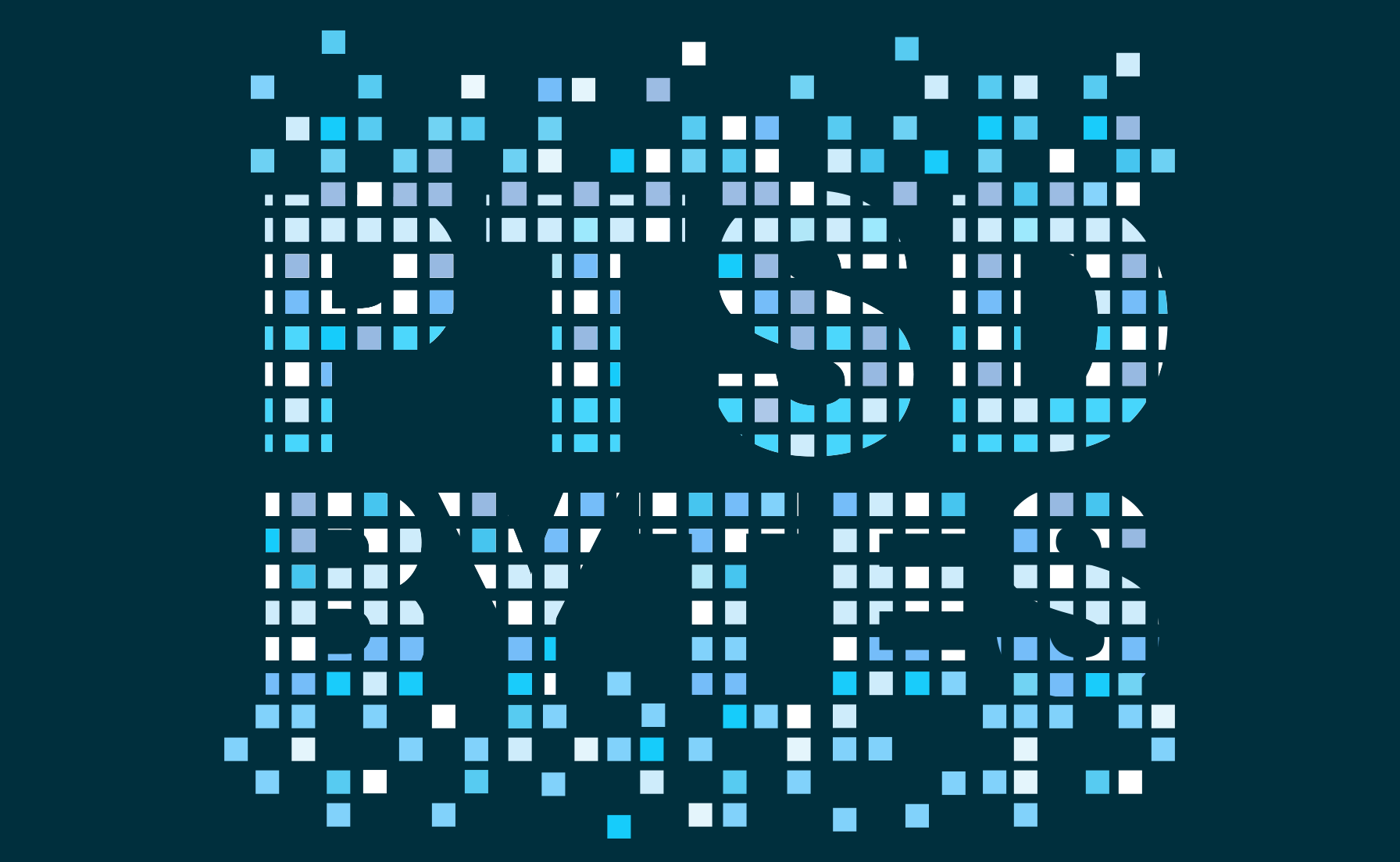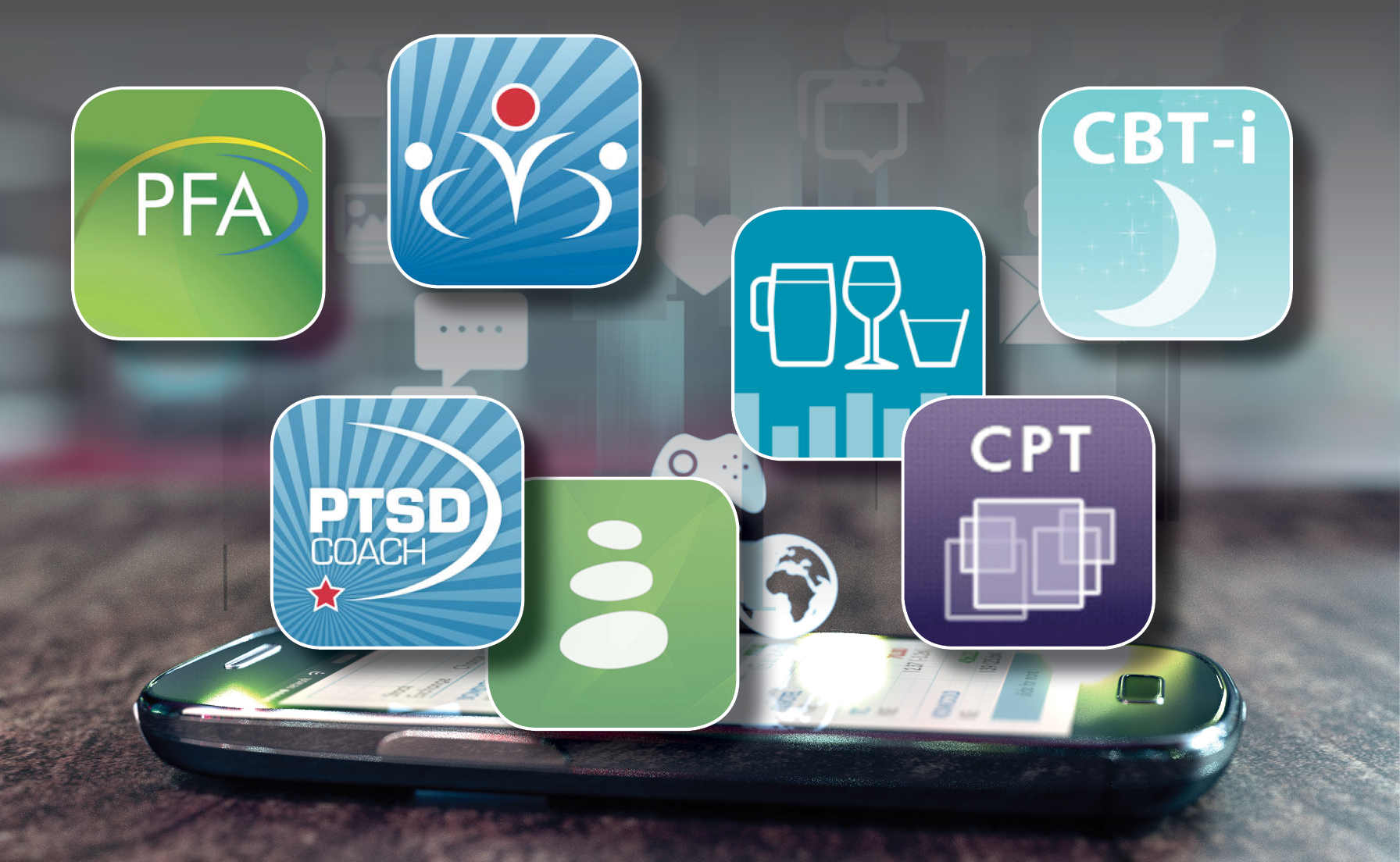PTSD: National Center for PTSD
Veterans with PTSD and the Criminal Legal System
Veterans with PTSD and the Criminal Legal System
Veterans Affairs offers programs for Veterans with mental health concerns who are in the criminal legal system. The goal is to help them get treatment for their mental health problems, keeping Veterans out of jail or prison to get the help they need. Learn how VA's Veterans Justice Programs can support you.
Reading time: minutes
Veterans Treatment Court
In 2008, the Center for Mental Health Service called a meeting. They wanted to look at ways to decrease the involvement of Veterans with the criminal legal system and to provide them with mental health treatment instead. The meeting was attended by members of law enforcement, corrections, the courts, community groups, federal agencies, and Veterans' health and advocacy groups. Out of this meeting came ideas for what would go into a Veterans Treatment Court.
Veterans Treatment Courts are based on the Drug Courts and Mental Health Courts begun in the 1990s. As in these models, the goal is to keep those with mental health issues out of the traditional criminal legal system. Instead, the courts give them treatment and tools for coping with their problems. Each Veterans Treatment Court is part of a community's criminal legal system. Veterans Treatment Courts often partner with local VAs and Veterans' organizations. Since the first Veterans Treatment Court in 2008, the number of courts has been growing fast. There are now hundreds of these courts across the country and the number has continued to increase.
How Does a Veterans Treatment Court Work?
One example of how a Veterans Treatment Court works is the court in Tulsa, OK. When a person is arrested, police officers ask whether they are a Veteran. If so, the Veteran's eligibility for Veterans Treatment Court and for VA benefits is assessed. Only Veterans charged with non-violent crimes (e.g., theft, drug possession) in need of mental health or substance abuse treatment may be eligible for treatment court.
Eligible Veterans can take advantage of treatment court if they wish. Veterans who choose treatment court are assessed by a mental health care provider. The provider recommends a course of treatment to the court. Most Veterans receive treatment through the VA network.
Veterans Treatment Court allows the Veteran to remain in the community. A judge regularly checks on progress while the Veteran is in treatment. If the Veteran fails to meet the requirements of the program, the Court will act. For example, if the Veteran does not follow court orders, the Court may impose community service, fines, or jail time, or the Veteran may be re-arrested and re-enter the criminal legal system.
In 2008, the first Veterans Treatment Court was started in Buffalo, NY. According to a report by its founder, Judge Robert Russell , the Buffalo program provides:
- Medical and mental health treatment
- Training and help with finding jobs
- Housing
- Transportation
Veterans are also provided with mentors: other Veteran volunteers who provide further support for those in the program. After completing the Buffalo program, many Veterans have had their charges reduced or dismissed.
Veterans Justice Outreach
The VA Veterans Justice Outreach program provides direct services to Veterans in the criminal legal system, even if they do not live in an area with a Veterans Treatment Court. VA has noted that sometimes mental health plays a role in crimes committed by Veterans. VA believes that both the Veteran and the community are better served by treating a Veteran's mental health problem rather than incarcerating them for a non-violent crime.
Under VJO, each VA Medical Center has named a justice outreach specialist. VJO specialists serve as a link between Veterans, VA, and the local criminal legal system. They provide services to Veterans who are in jail or prison, as well as Veterans who are involved in the criminal legal system but have not been imprisoned.
VJO staff work with the courts to help eligible Veterans get mental health services. This may include assessment, treatment planning, and referrals to VA services. Specialists inform officers of the court about whether a Veteran is complying with VA treatment programs. They may also assist in training law enforcement officers about PTSD or traumatic brain injury (TBI). For information and a list of VJO contacts, see Justice Outreach.
Conclusion
Efforts such as Veterans Treatment Courts and VA's Veterans Justice Outreach program may prove helpful to Veterans who become involved in the criminal legal system. The goals are to keep eligible Veterans out of jail or prison and to make sure they get needed treatment and support.
You May Also Be Interested In


























